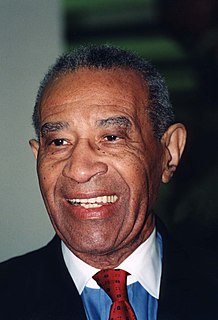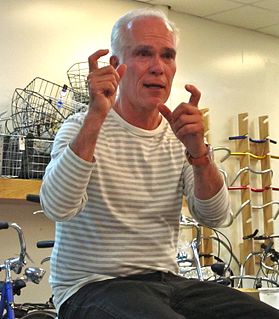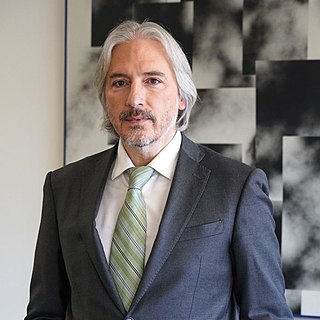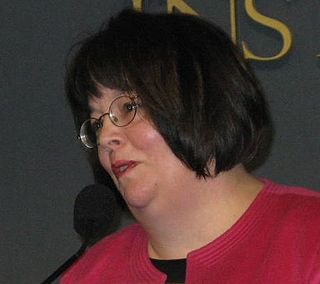A Quote by Henry Giroux
A symptomatic example of the way in which violence has saturated everyday life can be seen in the increased acceptance of criminalizing the behavior of young people in public schools. Behaviors that were normally handled by teachers, guidance counselors and school administrators are now dealt with by the police and the criminal justice system.
Quote Topics
Acceptance
Administrators
Behavior
Behaviors
Criminal Justice
Criminal Justice System
Day Life
Dealt
Everyday
Everyday Life
Example
Guidance
Guidance Counselor
Handled
Increased
Justice
Justice System
Life
Normally
Now
People
Police
Public
Public School
Public Schools
Saturated
School
Schools
Seen
System
Teachers
Violence
Way
Were
Which
Young
Young People
Related Quotes
Against the tyranny of forgetting, educators, young people, social activists, public intellectuals, workers and others can work to make visible and oppose the long legacy and current reality of state violence and the rise of the punishing state. Such a struggle suggests not only reclaiming, for instance, education as a public good but also reforming the criminal justice system and removing the police from schools.
I used to take musical instruments home from elementary school. There were some music teachers there - we all learned instruments. A lot of us got started in public schools. Charlie Parker and Bud Powell, for example. But now there are no more music teachers in public elementary schools. It's like (Senator) Moynihan said, 'benign neglect.' Just let it rot and fester.
Policemen and laws can never replace customs, traditions and moral values as a means for regulating human behavior. At best, the police and criminal justice system are the last desperate line of defense for a civilized society. Our increased reliance on laws to regulate behavior is a measure of how uncivilized we’ve become.
I think, at some level, we see young people all over the country mobilizing around different issues, in which they're doing something that I haven't seen for a long time. And that is, they're linking issues together. You can't talk about police violence without talking about the militarization of society in general. You can't talk about the assault on public education unless you talk about the way in which capitalism defunds all public goods. You can't talk about the prison system without talking about widespread racism. You can't do that. They're making those connections.
The goal is not to just have rapists expelled from schools. I don't want rapists transferring schools. I don't want them out there, being able to commit these crimes. I want them to go to prison. But if you understand this crime and you understand what happens in the reporting of this crime and the support that a victim does or does not get, you realize that our legislation increases the likelihood that a young woman will go to the police in a timely manner and that the police will investigate and that they will be able to administer real justice in the criminal system.
The criminal justice system - although this applies less to the U.S., where rehabilitation is not seen as a valuable contribution to criminal justice - in Europe where rehab is supposed to be integral, we have no way of rehabilitating skilled hackers. On the contrary what we do is we demonize them and continue to do so after they come out of jail because we restrict their access to computers by law. Crazy world, crazy people.
I have not seen that standardised tests make the profession less attractive, though some principals respond to them in a way that drives the best teachers out of their schools (by over-emphasising test prep in the school curriculum for example). On the other hand, great teachers want benchmarks to measure progress and tests can help with that.
There are obvious places in which government can narrow the chasm between haves and have-nots. One is the public schools, which have been seen as the great leveler, the authentic melting pot. That, today, is nonsense. In his scathing study of the nation's public school system entitled "Savage Inequalities," Jonathan Kozol made manifest the truth: that we have a system that discriminates against the poor in everything from class size to curriculum.

































